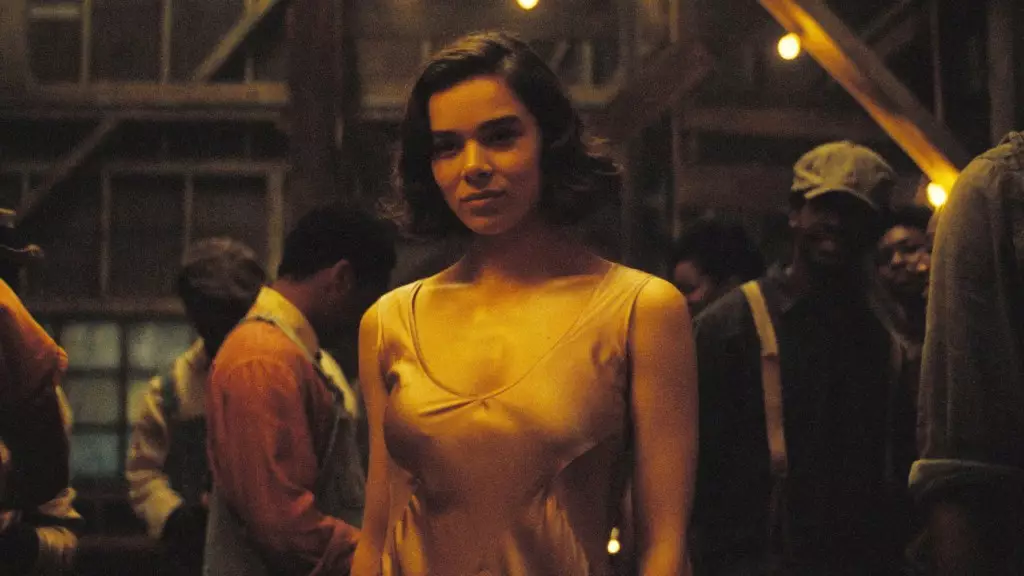In the evocative landscape of cinema, few roles can resonate with an actor on such a personal level as Hailee Steinfeld’s character in Ryan Coogler’s upcoming horror film, Sinners. Steinfeld dives into the multifaceted experience of playing a multi-racial vampire named Mary, set against the backdrop of 1930s Mississippi—a time that was rife with both cultural richness and social complexities. Though her character is undead, the emotional essence of Mary’s journey offers viewers a glimpse into the power of identity and ancestry. Through her candid interviews, Steinfeld openly shares how embodying Mary has stirred feelings about her own mixed-race background, highlighting the enduring nature of cultural ties, even when faced with supernatural challenges.
Questions of Identity and Belonging
The film raises crucial questions about identity, racism, and the intersectionality that many individuals navigate daily. For Steinfeld, these inquiries have triggered reflections on her family history, particularly the legacy of her grandfather, whose absence remains a potent reminder of the stories and lessons that often go untold. “This movie raised for me all the questions I have,” she expressed, revealing not only her commitment to the role but also her hunger for understanding her familial roots. By connecting her character’s struggles to her own experiences, Steinfeld underscores a vital theme: the profound impact of our pasts on the present.
Filmmaking as a Grieving Process
Ryan Coogler’s entry into the filmmaking process with Sinners comes not solely from artistic ambition but as a healing endeavor spurred by personal loss. Coogler’s tribute to his late Uncle James, who introduced him to the haunting beauty of blues music, adds a layer of authenticity and emotional weight to the narrative. His reflections reveal how art can serve as both a conduit for grief and an exploration of culture. By channeling memories of his uncle and paying homage to the rich musical traditions of the era, Coogler crafts a world that is both hauntingly familiar and uniquely poignant.
Impact Beyond the Screen
Sinners, therefore, is positioned not merely as a horror film but as a vehicle for social commentary and cultural reflection. The filmmakers invite audiences to recognize the intertwined nature of personal histories with broader societal issues, suggesting that the specter of the past can inform our understanding of the present. Steinfeld and Coogler’s commitment to their craft encourages viewers to engage with their own histories, asking themselves how their familial narratives shape their identities. The film’s release is likely to resonate deeply, as it weaves together threads of personal discovery, legacy, and the haunting melodies of blues that echo through the ages.
As the premiere date draws near, anticipation builds not only for the terror that awaits on-screen but also for the conversations it promises to inspire. Ultimately, Sinners aims to leave a lasting mark—not just as a cinematic experience, but as a meaningful exploration of identity and remembrance in the face of darkness.
